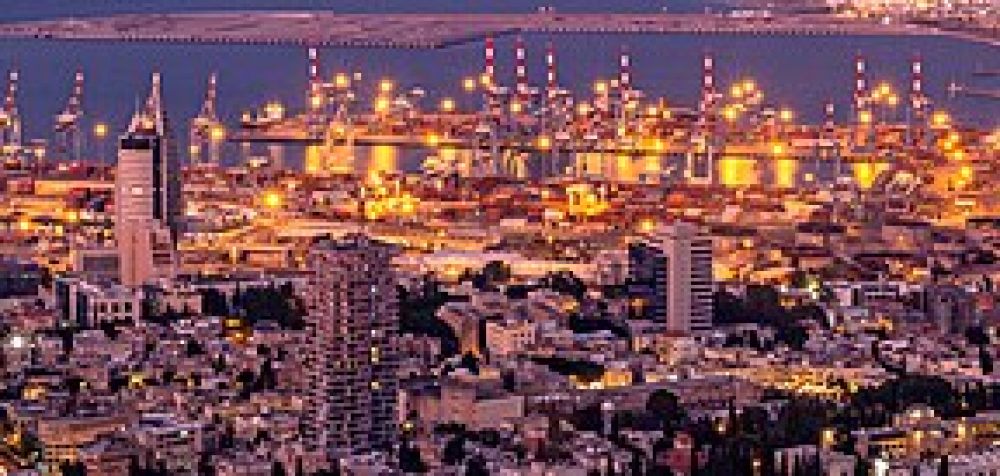

Haifa, the third-largest city in Israel, is a picturesque port city nestled on the slopes of Mount Carmel facing the Mediterranean Sea. This enchanting city has been a melting pot of cultures, religions, and history, making it a captivating destination for tourists from around the world. Haifa's tourism history is as diverse as its cultural fabric, echoing the periods of change and growth that the city has witnessed over the centuries.
In the late 19th and early 20th centuries, Haifa began to emerge as a significant port city under Ottoman rule. However, it was during the British Mandate for Palestine (1920-1948) that Haifa's infrastructure saw considerable improvements, including the development of its port – which played a crucial role in the city's economy and eventually in its tourism industry.
The establishment of the Technion – Israel Institute of Technology in 1924 and the subsequent growth of Haifa as an industrial and research center began to attract a different type of visitor: scholars, students, and business travelers. Meanwhile, religious tourists were drawn to the city's significant sites, such as the Stella Maris Monastery and the Elijah's Cave.
After the establishment of the State of Israel in 1948, Haifa experienced an influx of Jewish immigrants which contributed to the city's growth and modernization. The Bahá'í Faith, which had made Haifa its administrative center in the late 19th century, began constructing its majestic Terraces and the golden-domed Shrine of the Báb, which were completed in 2001. These structures later became UNESCO World Heritage sites, further boosting Haifa's appeal as a tourist destination.
In recent decades, emphasis has been placed on expanding Haifa's tourism offerings. Modern Haifa boasts an array of museums, cultural institutions, and the famed Haifa International Film Festival, which attracts cinema enthusiasts globally. Moreover, the city's unique coexistence of Jews, Christians, Muslims, and Baha'is adds to its allure, providing visitors with an authentic experience of Israel's diverse societal fabric.
In recent years, Haifa has seen a trend toward eco-tourism and sustainability, with increases in green spaces and the promotion of nature-friendly activities. Additionally, culinary tourism has gained popularity, with foodies seeking out the city's renowned Arab-Israeli cuisine and vibrant market scenes.
The diversification of accommodations, from luxury hotels to boutique guesthouses, catishes the varied preferences of travelers. Haifa's focus on digital innovation, offering virtual tours and online resources, appeals to the tech-savvy generation, allowing previewing the city's charm before arrival.
As tourism worldwide adapts to the post-pandemic environment, Haifa is expected to continue evolving, with an emphasis on safe, sustainable, and enriching travel experiences. With its rich tapestry of history, culture, and natural beauty, Haifa remains not just a symbol of coexistence but also an evergreen beacon for travelers searching for an authentic and memorable journey.